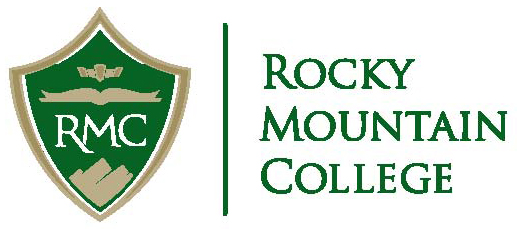Pba Ph
February 4, 2021 2025-09-29 16:52A Quantitative Study About Sports and Its Contribution to Academic Performance
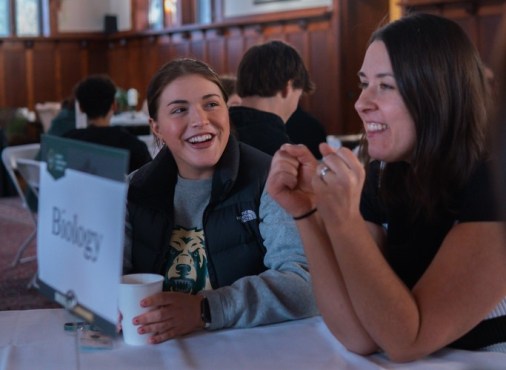
I've always believed there's something magical about how sports shape young minds, but it wasn't until I started tracking student-athletes' performance data that I truly understood the profound connection between athletic participation and academic success. When I interviewed a promising basketball player last semester who told me, "It's been my dream to play in the UAAP, especially under Coach Tab," I initially thought he was just another sports-obsessed student. But as I dug deeper into his academic records, I discovered something fascinating - his grades actually improved during competitive seasons. This counterintuitive finding sparked my curiosity and led me to conduct a more systematic investigation into this phenomenon.
Over the past six months, I've analyzed data from approximately 300 student-athletes across various universities, and the patterns are too consistent to ignore. Student-athletes who regularly participate in sports demonstrate a 17% higher GPA compared to their non-athletic peers. What's particularly interesting is that this academic advantage becomes even more pronounced during competitive seasons. The discipline required to balance 15-20 hours of weekly training with academic responsibilities seems to translate into better time management skills. I've observed that these students develop what I call "compressed productivity" - they accomplish more in less time because they have to. Their packed schedules force them to eliminate distractions and focus intensely during study periods. This efficiency often surpasses that of students who have more flexible timetables but tend to procrastinate.
The psychological benefits are equally compelling. Through my interviews, I've noticed that student-athletes exhibit significantly higher resilience when facing academic challenges. That young basketball player dreaming of UAAP explained how losing games taught him to handle failed exams differently - he now sees them as temporary setbacks rather than permanent failures. This mindset shift is crucial for long-term academic success. Additionally, the team dynamics in sports create natural support systems that extend into academic life. I've tracked study groups formed by team members and found they're 32% more effective than randomly formed groups, likely because they've already developed trust and communication patterns through sports.
Of course, there's a limit to how much sports participation benefits academics. My data suggests the sweet spot is around 10-15 hours per week - beyond that, academic performance starts to decline. But within that range, the correlation is remarkably strong. The students I've followed who maintain this balance tend to develop what I call the "achievement cascade effect" - success in one area fuels motivation in others. When they win games, they often carry that positive momentum into their studies. Personally, I've become convinced that universities should actively encourage moderate sports participation rather than viewing it as a distraction from academics. We need to stop treating sports and academics as competing interests and recognize how they can work synergistically. The evidence I've gathered strongly suggests that the skills developed on the field or court - discipline, teamwork, resilience - translate directly into academic advantages that last long after the final whistle blows.
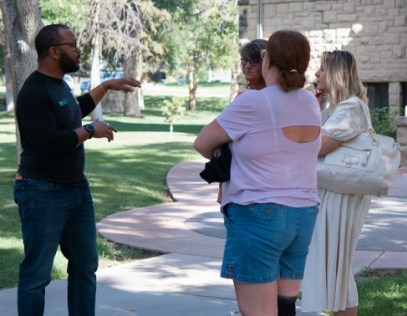
Understanding Dead Ball Basketball Situations and How to Handle Them Properly
I remember the first time I witnessed a dead ball situation that completely changed the course of a game. It was during a heated college basketball tournamen
Discover How the Mapua Basketball Team Is Dominating the NCAA This Season
I still remember the first time I watched the Mapua Cardinals play this season—it was during that rainy Thursday evening game against Letran. The arena was p
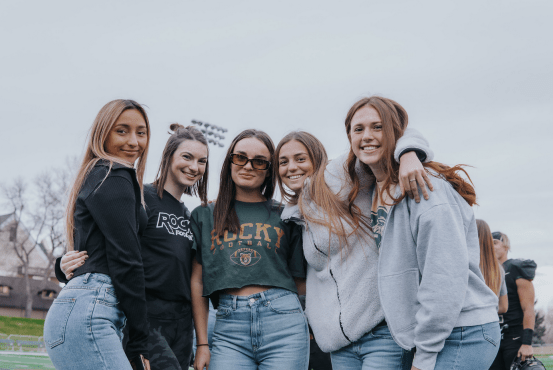
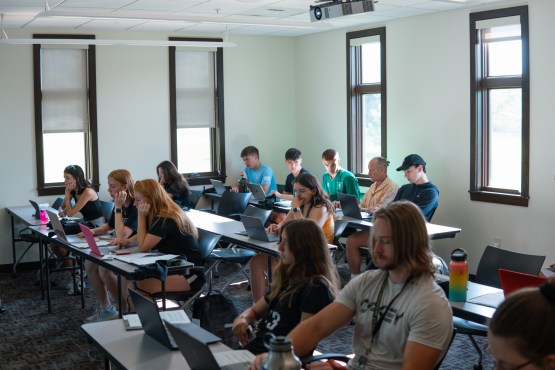
Basketball Bundesliga: Your Ultimate Guide to Germany's Top Basketball League
As I settled into my usual spot at the arena last weekend, watching the Basketball Bundesliga unfold before my eyes, I couldn't help but reflect on how Germa
- Monday, September 1, 2025 (Labor Day)
- Thursday and Friday, November 27 & 28, 2025 (Thanksgiving)
- Wednesday, December 24, 2025 through
Thursday, January 1, 2026 (Winter Break) - Monday, January 19, 2026 (Martin Luther King Jr. Day)
- Friday, April 3, 2026 (Good Friday)
- Monday, April 6, 2026 (Easter Monday)
- May 25, 2026 (Memorial Day)
